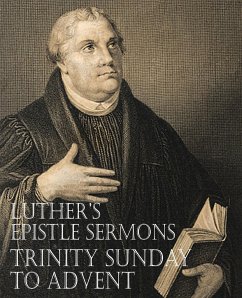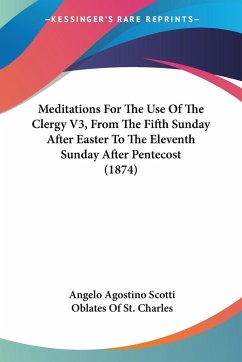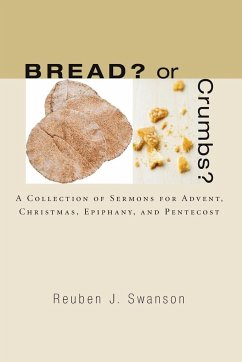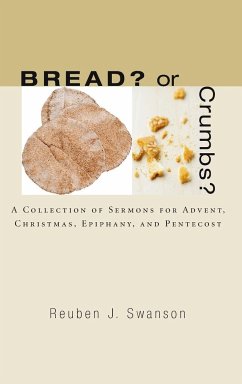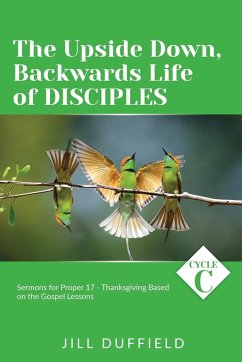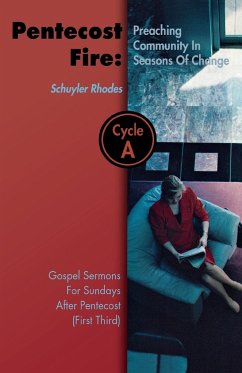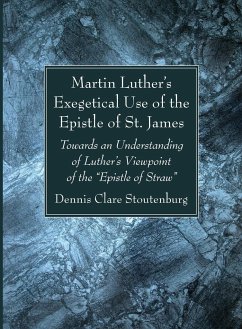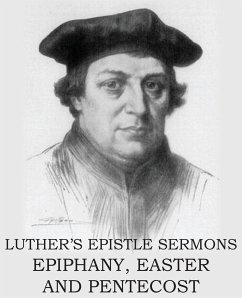
Luther's Epistle Sermon's Vol II - Epiphany, Easter and Pentecost
Versandkostenfrei!
Versandfertig in 1-2 Wochen
20,99 €
inkl. MwSt.

PAYBACK Punkte
10 °P sammeln!
Luther's interest in the work of true evangelization is seen in the name he designedly chose for the church of his followers. He did not call it Protestant nor Lutheran, but conscientiously insisted upon it being called the Evangelical, or in plain Anglo-Saxon, the Gospel church, the Evangelizing church. He is the evangelist of Protestantism in the true sense. Of the library of 110 volumes of which Luther is the author, 85 of them treat of the Bible and expound its pure evangelical teachings in commentaries, sermons and catechetical writings. All who retain the good old custom of the fathers i...
Luther's interest in the work of true evangelization is seen in the name he designedly chose for the church of his followers. He did not call it Protestant nor Lutheran, but conscientiously insisted upon it being called the Evangelical, or in plain Anglo-Saxon, the Gospel church, the Evangelizing church. He is the evangelist of Protestantism in the true sense. Of the library of 110 volumes of which Luther is the author, 85 of them treat of the Bible and expound its pure evangelical teachings in commentaries, sermons and catechetical writings. All who retain the good old custom of the fathers in reading Luther's Postil sermons on the Gospel and Epistle texts for each Sunday know what deep missionary thoughts are found in the sermons for Epiphany, Ascension Day and Pentecost. Here, in Luther's Epistle Sermons Vol. II Epiphany, Easter and Pentecost, are presented thirty sermons delivered from First Sunday After Epiphany through Pentecost.




